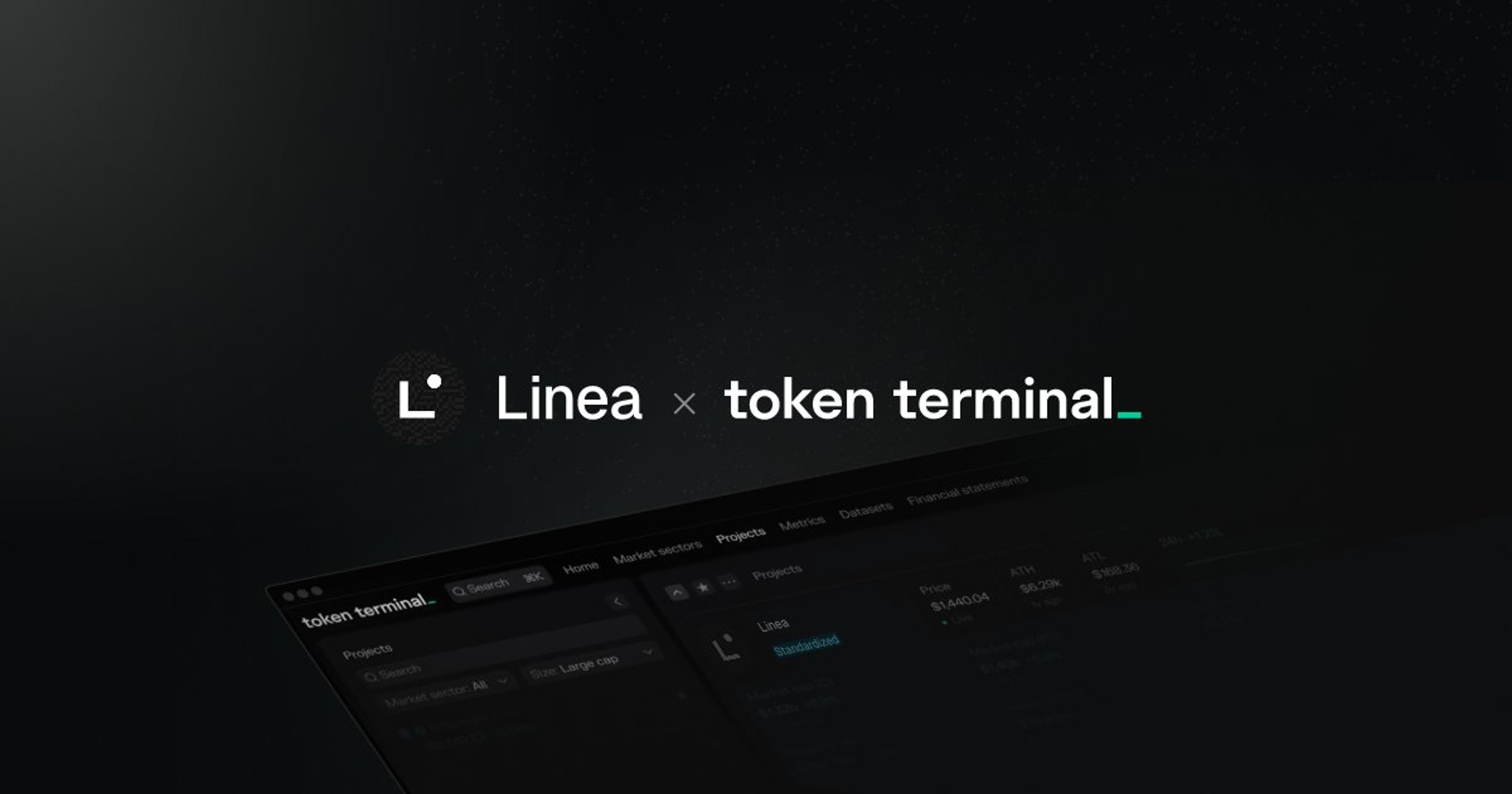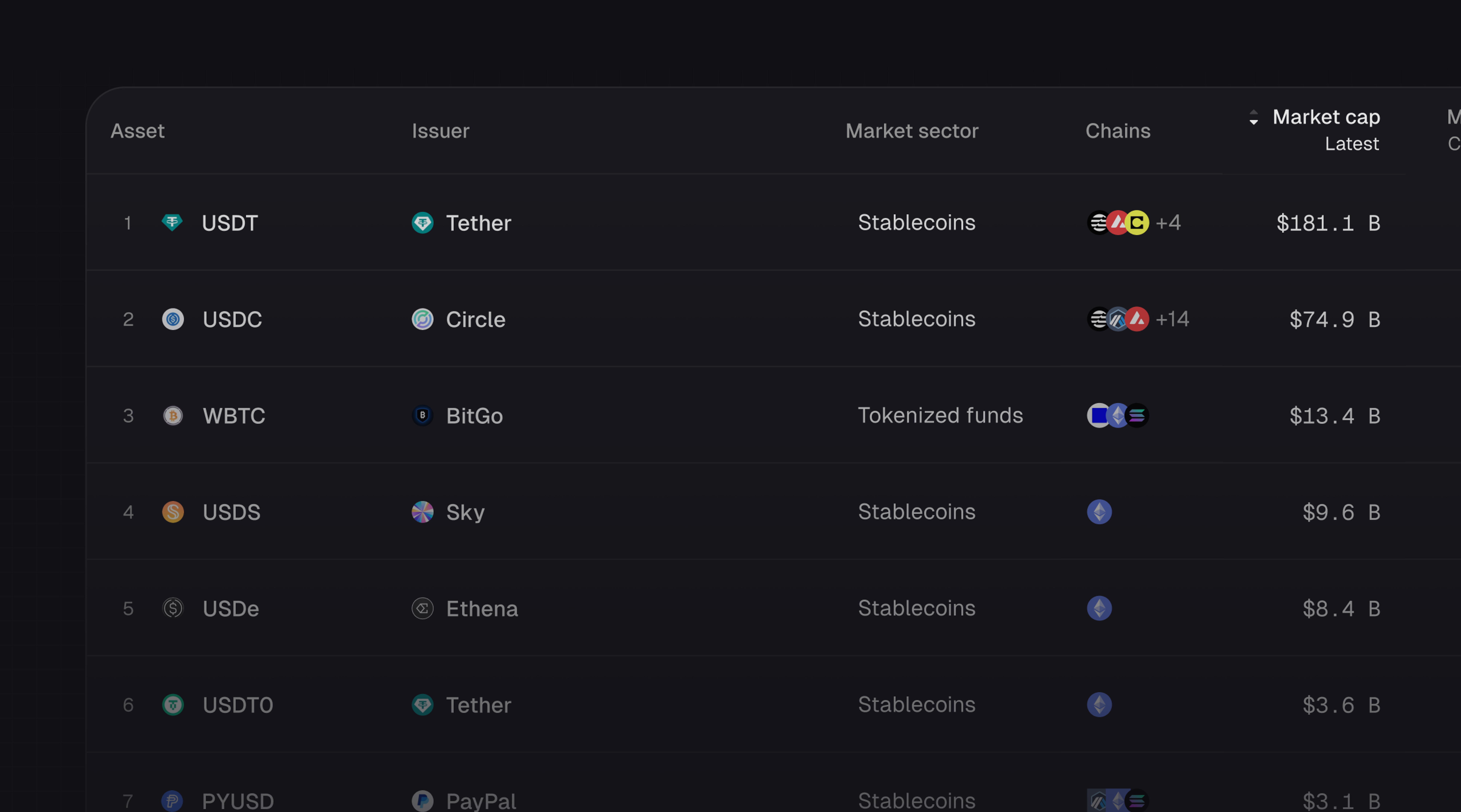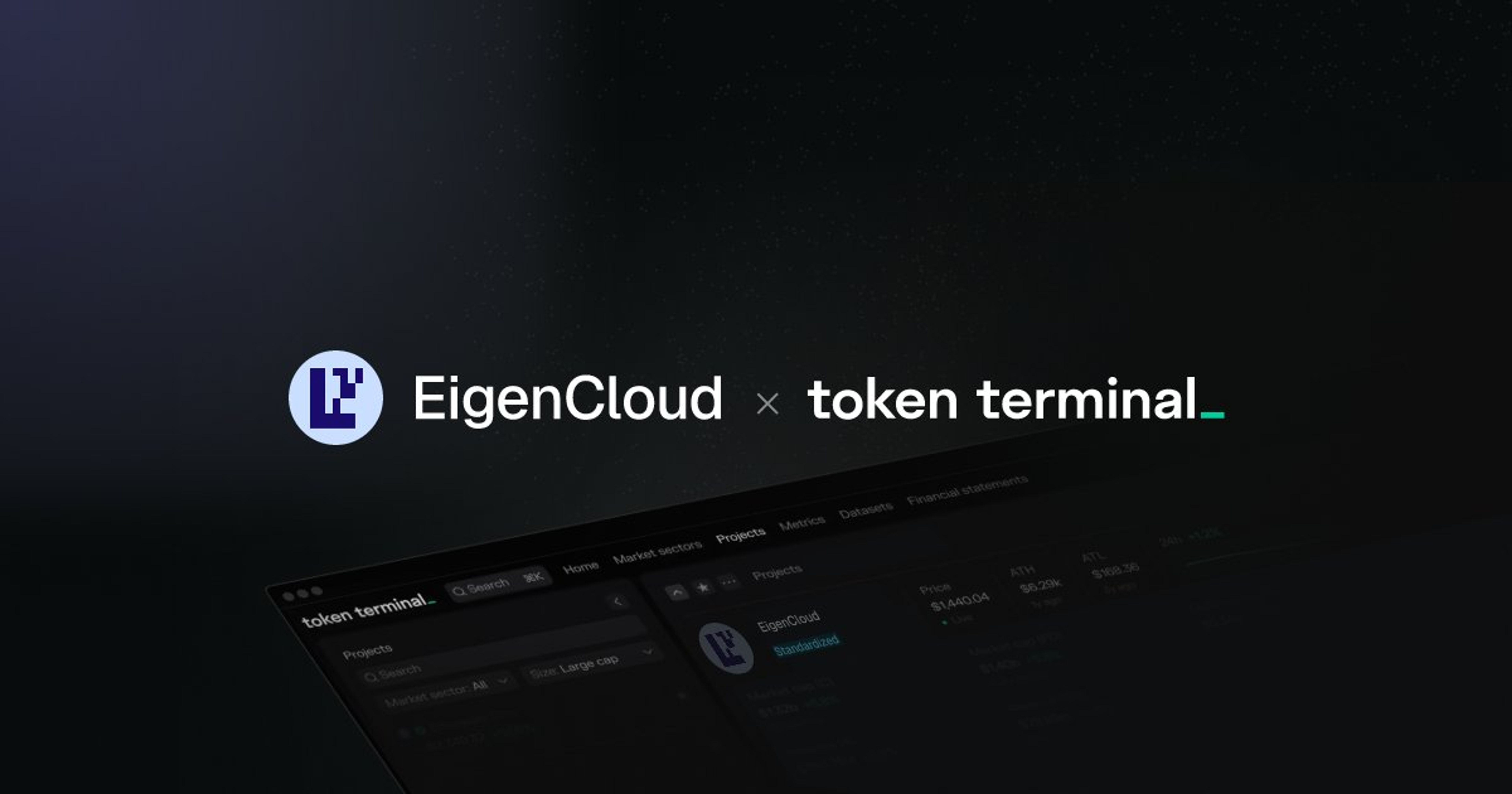Research
TL;DR: Handshake is a blockchain for immutable top-level domains (examples of TLDs: .com .org .net). On Handshake, anyone can register and…

TL;DR: @Handshake is a blockchain for immutable top-level domains (examples of TLDs are: .com .org .net). On Handshake, anyone can register and manage TLDs instead of a private company (ICANN) owning and leasing them to the rest of us.
What’s the problem with domains today?
Today, a “non-profit” organization called ICANN has a monopoly around the issuance of TLDs.
ICANN decides which TLDs are issued and to whom, and they charge 200k for each new TLD application. Market forces aren’t strong with this one.
How does Handshake solve this problem?
Handshake enables users to purchase TLDs directly from the blockchain. You no longer have to lease your domain!
Example use case: purchase “.nakamoto” TLD and sell a second-level domain (SLD) “satoshi.nakamoto” to another user for $.
What is the market size for TLDs?
Domains have value: namespace is finite and desirable namespace even more so.
The Handshake tokens (HNS) have a limited supply and are used to buy TLDs after which they’re burned → deflationary.
- $BTC: digitally scarce SoV.
- $HNS: digitally scarce domains.
Who are Handshake’s competitors?
Handshake aims to avoid competition by becoming the “mother” of all TLDs. Competitors like ENS, Blockstack, and Namecoin often have their own TLDs.
How can I buy TLDs on Handshake?
The easiest way to use Handshake is via Namebase. Namebase makes it easy to participate in TLD auctions.
During the first year, new TLDs will be released via (Vickrey) auctions every week to ensure a more fair distribution of desirable TLDs.
How does HNS work with legacy domains?
Handshake opened bidding on the first round of TLDs, excluding the top 100k Alexa domains and existing TLDs to avoid conflicts with e.g. Verisign-managed .coms.
Prior decentralized naming systems failed to address similar conflicts.
How can I use Handshake?
Today, you can resolve Handshake TLDs using resolvers like NextDNS. A resolver connects a domain name to the right IP address.
In the future, browsers like Brave could adopt Handshake domains natively.
Who is behind Handshake?
Handshake is a decentralized project with many different contributors. You can check out some key contributors on their GitHub page.
Who has invested in Handshake?
Founders Fund, Andreessen Horowitz, DHVC, Scalar Capital, Draper Associates, Sequoia Capital, Greylock Partners, Polychain Capital, Pantera Capital, Elad Gil, Pamir Gelenbe, etc.
Token Terminal provides financial and business metrics on crypto protocols — metrics we’re used to seeing applied to traditional companies, e.g the P/E ratio. Crypto protocols operate like traditional businesses, only they do it directly on the Internet.
For more, check out Token Terminal’s website and Twitter.
The authors of this content, or members, affiliates, or stakeholders of Token Terminal may be participating or are invested in protocols or tokens mentioned herein. The foregoing statement acts as a disclosure of potential conflicts of interest and is not a recommendation to purchase or invest in any token or participate in any protocol. Token Terminal does not recommend any particular course of action in relation to any token or protocol. The content herein is meant purely for educational and informational purposes only, and should not be relied upon as financial, investment, legal, tax or any other professional or other advice. None of the content and information herein is presented to induce or to attempt to induce any reader or other person to buy, sell or hold any token or participate in any protocol or enter into, or offer to enter into, any agreement for or with a view to buying or selling any token or participating in any protocol. Statements made herein (including statements of opinion, if any) are wholly generic and not tailored to take into account the personal needs and unique circumstances of any reader or any other person. Readers are strongly urged to exercise caution and have regard to their own personal needs and circumstances before making any decision to buy or sell any token or participate in any protocol. Observations and views expressed herein may be changed by Token Terminal at any time without notice. Token Terminal accepts no liability whatsoever for any losses or liabilities arising from the use of or reliance on any of this content.
Stay in the loop
Join our mailing list to get the latest insights!
Continue reading

Customer stories: Token Terminal’s Data Partnership with Linea
Through its partnership with Token Terminal, Linea turns transparency into a competitive advantage and continues to build trust with its growing community.

Introducing Tokenized Assets
Token Terminal is expanding its standardized onchain analytics to cover the rapidly growing category of tokenized real-world assets (RWAs) – starting with stablecoins, tokenized funds, and tokenized stocks.

Customer stories: Token Terminal’s Data Partnership with EigenCloud
Through its partnership with Token Terminal, EigenCloud turns transparency into a competitive advantage and continues to build trust with its growing community.